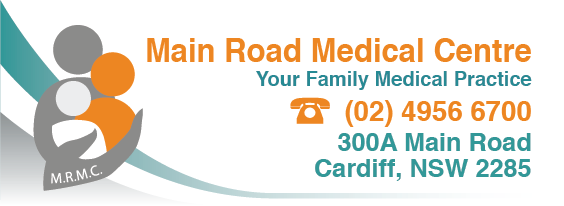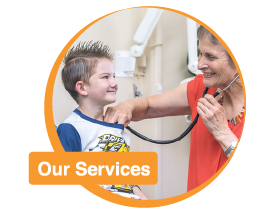In January 2022, we have supplies of both adult and paediatric Cominarty (Pfizer) vaccine as well as supplies of Vaxevria (AZ – Astra Zeneca) vaccine
Supplies of Moderna vaccine are expected shortly.
If you have had a course of 2 AZ vaccines, it is recommended to get a booster of either the Pfizer of Moderna vaccine, to improve your immunity to COVID-19. However, you can also receive the Vaxzevria (AstraZeneca) vaccine if you:
- can’t have the Pfizer vaccine for medical reasons
- had 2 doses of the AstraZeneca vaccine previously.
If you have had 2 doses of either Moderna or Pfizer vaccines, you could have either the Pfizer or Moderna vaccine for your booster.
Eligibility
You are eligible for a COVID-19 booster dose if you:
- are 18 years and older, and
- had the second dose of your primary dose course of COVID-19 vaccination at least 4 months ago.
- from 31st January, you will be eligible for a booster if you had
- your primary dose course of COVID-19 vaccination at least 3 months ago.
Booster doses are not mandatory, however they are strongly recommended to maintain immunity against COVID-19, paritcularly with the current outbreak of Omicron in Newcastle.
Approval for use in Australia
Comirnaty (Pfizer) is approved for use in people aged 5 years and over.
Appointments for children aged 5 to 11 years start from 10 January.
Dose schedule
People aged 12 years and older need 2 doses of the Pfizer vaccine, given between 3 and 6 weeks apart.
Children aged 5 to 11 years need 2 doses of Pfizer for children (one third the adult dose), given 8 weeks apart unless advised by a medical professional.
The TGA’s provisional approval of Pfizer for children was based on a careful evaluation of available data to support its safety and efficacy among this age group.
Vaccinating children can help protect children from getting COVID-19. It can also help prevent children passing the virus onto younger siblings, parents, grandparents and the wider community.
You may not be fully protected against COVID-19 until 7 to 14 days after your second dose.
Common side effects
As with any vaccine, you may have some temporary side effects after receiving Pfizer. This shows your immune system is working.
Common side effects after Pfizer include:
- injection site pain or swelling
- tiredness
- headache
- muscle or joint pain
- fever and chills.
Most side effects are mild and go away within 1 to 2 days.
Rare side effects
Myocarditis or pericarditis in young people
In rare cases, myocarditis (inflammation of the heart) and pericarditis (inflammation of the membrane around the heart) can develop after vaccination with Pfizer.
Most cases have mild symptoms and recover well.
These rare effects on the heart typically occur:
- within 10 days of vaccination
- after the second dose
- more often in men aged under 30.
Contact us or go to hospital immediately if you develop any of the following symptoms after a Pfizer vaccination:
- chest pain
- pressure or discomfort in the chest
- irregular, skipped heartbeats or ‘fluttering’
- fainting
- shortness of breath
- pain when breathing.
Evidence from Israel suggests that myocarditis and pericarditis following vaccination with Pfizer are not more common after the booster dose, compared with the second dose. There is not enough data available yet to show the rates of myocarditis and pericarditis following a booster dose of Moderna.
The risk of developing myocarditis or pericarditis is very low. The benefits of boosters with either Pfizer or Moderna greatly outweigh the risk of side effects.
The Government has lots of resources available to help you make a decision – see COVID-19 vaccination – Patient resources
If you have any questions, feel free to make an appointment to talk to us.
Other Vaccines
By the way, ATAGI have decreased the interval between having a COVID vaccine and other vaccines such as the Flu vaccine from 2 weeks to 1 week.
General Information
While it still isn’t obligatory to have the COVID vaccine, it is STRONGLY recommended. This is particularly so since the COVID outbreak in Sydney and Newcastle, as we are now dealing with the Omicron variant. As you will have heard, it is highly infectious.
The risk of having serious complications or dying of COVID disease is much higher than any risks from the vaccines. PLEASE come in and get vaccinated.
Even once you’re vaccinated, you should still
- practise good hand hygiene
- maintain physical distance
- stay home if you are sick and get tested






